Quetta blasts: Grieving families continue sit-in
Khurshid Shah says demands of governor’s rule, army intervention against the constitution.
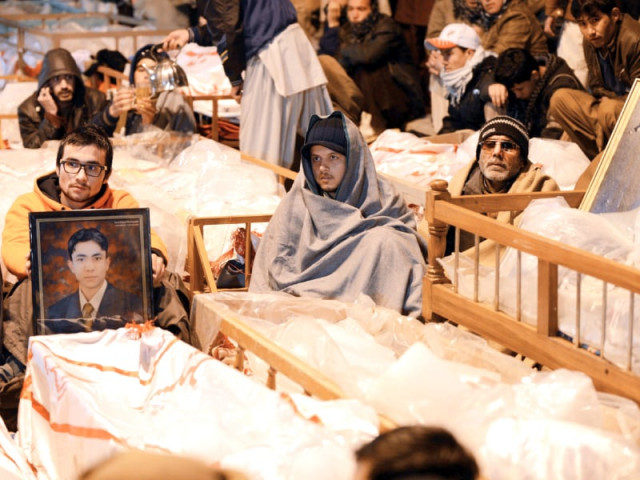
Grieving relatives sit amongst the coffins and portraits of bomb blast victims in Quetta on Saturday. PHOTO: AFP
Talks between the Hazara community and a federal minister hit a stalemate on Saturday after the bereaved families of the twin bombing victims vowed to continue their sit-in until the authorities accept their demands.
Even 36 hours after the deaths of their loved ones, the families say they will not bury their dead, unless the army takes control of the provincial capital and protects members of their sect from vigilante-style wings of extremist groups.
Pakistan Peoples Party leader Khurshid Shah failed to negotiate with the Hazara community, protesting under the banner of Qaumi Yakjehti Council (QYC), which stuck to its demand for the imposition of governor’s rule in the province, as well as putting the security of the city under army control.
Hundreds of protesters have gathered since Friday on Quetta’s Alamdar Road near the snooker hall that was the scene of Thursday’s twin suicide attacks, alongside 86 coffins carrying the victims’ shrouded bodies.
Banned militant group Lashkar-e-Jhangvi claimed responsibility for the bombings, which took place in an area dominated by the Hazara community and killed 102 people, with over 200 wounded.
According to the sources, Shah urged the families to bury their loved ones first, after which he would convey their demands to the prime minister.
He made the proposals during a visit to Alamdar Road along with the Balochistan governor. Regarding the protestors demand for army control, Shah insisted that the FC was a part of the army and would provide security in Quetta. He added that the governor’s rule could not be imposed as it would be unconstitutional.
However, members of the QYC said that dispersing a gathering of almost 100, 000 people without meeting their demands was just as impossible.
In a separate protest, more than 500 workers and supporters of the Hazara Democratic Party gathered outside the office of the provincial police chief to launch a hunger strike camp. Participants of the protest held banners and placards condemning the the lawlessness in Balochistan, including incidents of targeted killings, bomb blasts and other acts of violence.
Meanwhile, in a statement issued late Saturday night, the Balochistan government the protestors demands of governor rule and army intervention as unconstitutional.
The problems of Balochistan cannot be solved through use of force and there should be a political approach in this regard, the statement read.
The statement also aimed to respond to critisims of the government’s inaction following the bomb blasts. The statement clarified that the chief minister was out of the country due to medical reasons.
Furthermore, a government spokesperson said in the statement, that the main function of the government was to provide guidelines and resources to state institutions, not organising or leading a tribal lashkar to combat the terrorists.
On the absence of government ministers, the spokesperson said it was not possible for them to visit affected people when sentiments are running high.
Altaf calls for army operation in Quetta
Meanwhile, expressing solidarity with the Shia victims of the Quetta blasts, the Muttahida Qaumi Movement announced a day of mourning across the country. According to a statement, MQM chief Altaf Hussain called upon the army to take control of Quetta, in line with the demands of the victims’ families.
Similarly, the Pakhtunkhwa Milli Awami Party announced a shutter down strike on 13th and 14th of January against attacks as well as against the government’s ‘cold’ response.
The US also condemned the “senseless and inhumane” attacks. US State Department spokeswoman Victoria Nuland said Washington offered “the families of those killed in these brutal attacks in Quetta, in Swat, in Karachi... our deepest condolences”.
Published in The Express Tribune, January 13th, 2013.


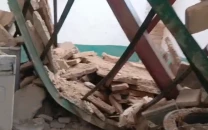
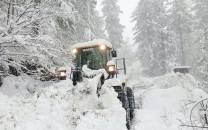
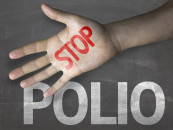
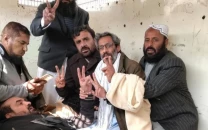
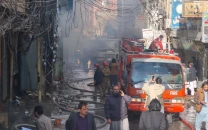












COMMENTS
Comments are moderated and generally will be posted if they are on-topic and not abusive.
For more information, please see our Comments FAQ